The views expressed in our content reflect individual perspectives and do not represent the authoritative views of the Baha'i Faith.
Recently, I attended an interfaith devotional online, hosted by a Baha’i friend. At this isolating pandemic period, coming together with community for friendship and communion offers a refreshing break.
After the group took turns reading prayers and scriptures from different Faiths, the subject of forgiveness came up organically.
“The hardest thing for me to do is to forgive myself,” I said.
RELATED: My Path to Forgiveness and Emotional Healing
A resounding wave of agreement followed, as many of the attendees recounted the same feeling. In the hour that followed, the group consulted on how best to free our souls from guilt and shame using the powerful virtue of forgiveness. They included these 3 steps:
1. Forgive those who have hurt you
The way people treat you has pretty much everything to do with them and not with you. Anais Nin said it best, “We don’t see things as they are, we see them as we are.” Abdul-Baha lived a perfect example of this truth. No matter how he was treated, by friend or foe, he always responded with love and compassion, as shown in this recounting from Baha’i author Earl Redman:
As for His enemies, Abdu’l-Baha never let them feel anything but love. In the early 1900s, a fanatical Protestant missionary from Scotland named Mrs. Ramsey was “consumed with the fire of religious prejudice and hatred ….” Since the Protestant Mission had a dispensary and rented an apartment in the building in which Abdu’l-Baha lived … she was forced to pass Him several times a day. Whenever she encountered Him, “she would writhe in agony, grimace and lower her head while quickening her pace to a run.” One day as she passed by, the Master called her over and asked, “Mrs. Ramsey, do you know how much I love you?”
“How much?” she asked suspiciously.
“Look in your heart and see how much you hate me. To that extent I love you,” He responded.
Abdu’l-Baha encouraged the Baha’is – in fact, he encouraged every human being – to adopt the same attitude and actions. In a talk he gave in the United States in 1912, he said: “Inasmuch as God is clement and loving to His children, lenient and merciful toward our shortcomings, why should we be unkind and unforgiving toward each other?”
Forgiveness doesn’t mean condoning improper behavior, or allowing it to continue, rather we forgive to free ourselves. Though it’s certainly challenging, if we don’t take the actions of others personally, this will serve us well. Who knows from what state of hurt, ignorance, or pain another person comes from? There is a freedom in letting go and giving that person to God, understanding that the Creator doles out justice. It’s not our job. Until we release those who have hurt us with forgiveness, we will always be energetically and toxically connected. In that same talk, Abdu’l-Baha also said “If someone commits an error and wrong toward you, you must instantly forgive him.”
The Universal House of Justice, the democratically-elected adminstrative body of the world’s Baha’is, gave one Baha’i this advice about forgiveness, saying that it:
… is an essential part of the spiritual growth of a person who has been wronged. To nurse a grievance or hatred against another soul is spiritually poisonous to the soul which nurses it, but to strive to see another person as a child of God and, however heinous his deeds, to attempt to overlook his sins for the sake of God, removes bitterness from the soul and both ennobles and strengthens it.
2. Ask for forgiveness from those you have hurt
We each have hurt someone at some point in our lives. No one is perfect, and that’s precisely why people can be surprisingly forgiving if they are met with true vulnerability and genuine remorse.
So if you’ve hurt someone, find a way to apologize in a sincere and loving manner. At that point, you might discover that a considerable number of your apprehensions will be relieved. You may find that the person you feel you have wronged is not even aware of the slight, or certainly hasn’t carried a grudge.
If you are unable to reach the person you feel you have hurt, write them a simulated letter asking for forgiveness and thoroughly explaining what is in your heart. Then write the letter you think they would have written you back in return. You could find surprising insights in this process, and learn that your burden has considerably eased. Remember God’s unfailing forgiveness, as Abdu’l-Baha described it in this prayer: “He will forgive thy sins and transform them into goodly deeds. Verily He is the Forgiving, the Compassionate, the Lord of immeasurable grace.”
3. Forgive yourself
For the most part, if you knew better at the time, you would have done better. We are all human, and as such, we make mistakes.
Mistakes can be used as catalysts for positive change, or to be wallowed in with self-pity. I used to think that if I felt bad enough, then I was somehow taking better responsibility for my mistakes – but staying stuck in regret and shame was not helpful for anyone, including me. Not growing and moving forward from mistakes represents the worst, most completely unproductive outcome.
All the religious teachings tell us that if we come to God, sincerely asking for forgiveness, that our prayer will be answered. C.S. Lewis said “I think that if God forgives us we must forgive ourselves. Otherwise, it is almost like setting up ourselves as a higher tribunal than Him.” Who are we to not forgive ourselves and others when Baha’u’llah tells us in the Baha’i writings that God is the “Ever Forgiving?”
Turn unto Him, and fear not because of thy deeds. He, in truth, forgiveth whomsoever He desireth as a bounty on His part; no God is there but Him, the Ever-Forgiving, the All-Bounteous.
RELATED: Learning to Forgive Ourselves
Forgiveness means emotional freedom, which allows us to move forward with our lives. Whether we are forgiving someone who has wronged us, asking for forgiveness from someone we have wronged, or forgiving ourselves, when we give up all our hurts to God, He will be faithful to His promise, recorded here in the writings of the Bab:
Fear not, nor be Thou grieved, for indeed unto such as have responded to Thy Call, whether men or women, We have assured forgiveness of sins, as known in the presence of the Best Beloved and in conformity with what Thou desirest. Verily His knowledge embraceth all things.


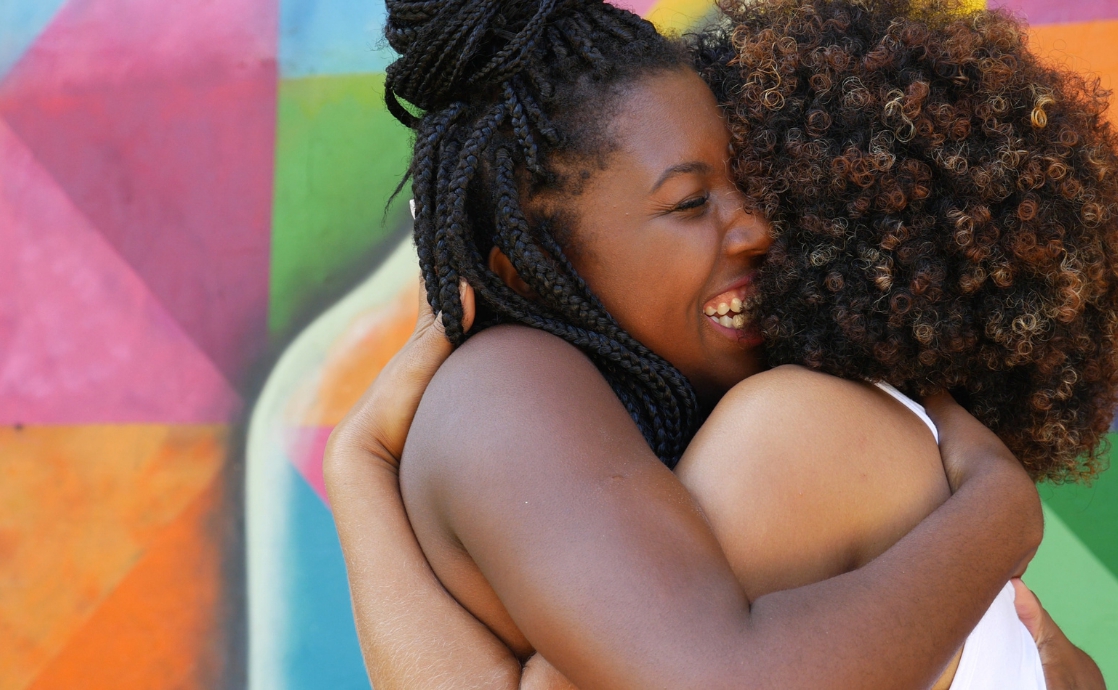

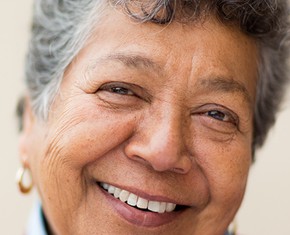
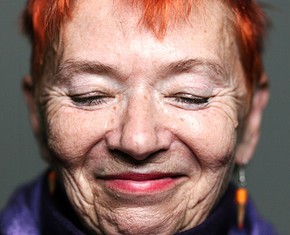




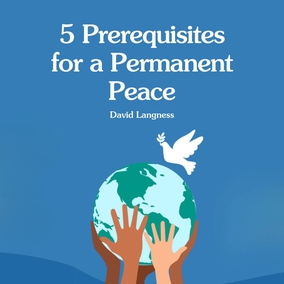

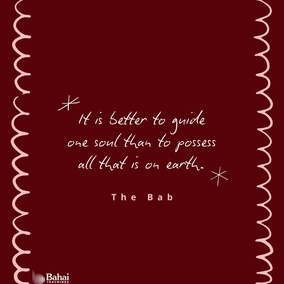
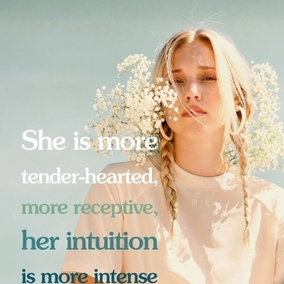
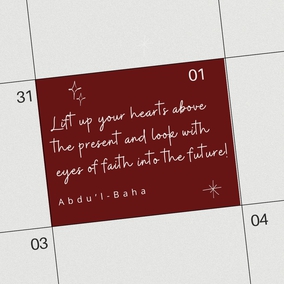

Comments
Sign in or create an account
Continue with Googleor